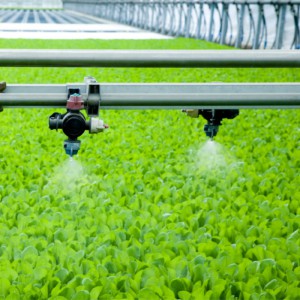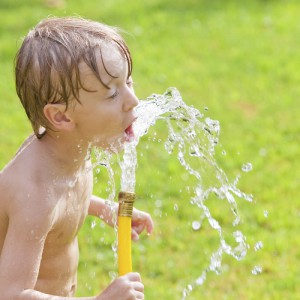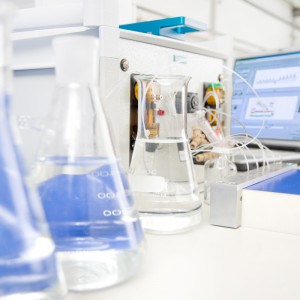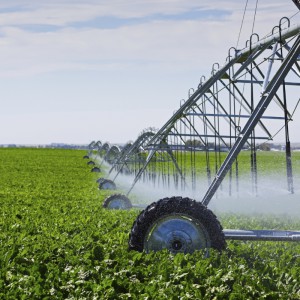Water, both fresh and salty, has always been a loyal companion and profoundly distrusted rival of the Dutch. As a simultaneous friend and enemy of the people who inhabited the North Sea coast and river land, water defined the landscape of the Netherlands, and the landscape defined the population density and hence the quality and usage of water.
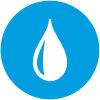
Water
Dutch water technologies safeguard water and environment
The Dutch have been managing water for ages. One third of the Dutch territory is actually below sea level, while another one third is above yet very close to sea level.
This requires of the Dutch that they master the design, construction of dykes and dunes to prevent the land from flooding, with a failure rate of 1/1,000 years.
Through the centuries the Dutch have been able to increase the amount of dry land, by pumping out the water from diked parts of the sea and inland waters. And to make the land suitable to grow crops the Dutch developed an ingenious method for desalinating the land they acquired from the sea.
The Dutch, in all their water management efforts, trust on pumps. The famous Dutch windmills were in fact simply wind-driven pumps. Nowadays, electric pumping stations have replaced them, yet almost 1,000 (out of the estimated 10,000 in the 17th century) are still there.
The high population density required clever solutions to produce drinking water even before mechanical filters were invented. The Netherlands is rich with sand that has been used as filters to clean the water. Today’s high specification for drinking water derive from the standards the Dutch could achieve using natural resources in combination with hi-tech.
The same applies for sewage water and industrial wastewater treatment. The public opinion has driven the replacement of surface water discharge by combined mechanical, natural and chemical treatment bringing the water to drinking water quality. Today, for efficiency reasons, a new market has been developed for a lower than drinking water quality water: industrial water.
The Dutch “Glass city” an extensive area of greenhouses has an ingenious system of canals supplying water to the greenhouses for crops production and collecting the water discharged from the greenhouses.
The most relaxing way to spent free time is on the water, leisure boating and other water sports are very popular in the Netherlands. Often leisure and business are combined. Water sport can be used to extend business contacts and the Dutch rivers, canals, locks and lakes are used by both water sport and leisure, and inland transport. The Netherlands has an extensive water infrastructure intensively used for move goods, liquids and heavy and/or spacious constructions, with still enough space for more.
For many years the Netherlands houses some world famous research and development facilities related to water. Researching and developing the behaviour of the sea related to land extensions and offshore constructions, behaviour and shapes of ships and their propulsion related to sea conditions, the effects of environmental change.
Next to that research and development is done on improving the growth of crops whilst reducing the need for water, reducing the effect of rain on environmental change and reducing the effect of rain and snow on the flow of traffic.
Key aspects
- Water management: sea defence, inland water level management
- Traffic management: use of open water for transport and leisure
- Water treatment: drinking water, industrial water, sewage, industrial wastewater
- Goods and services for the water industry: education, skills development, research & development, engineering, consultancy, construction; maintenance.
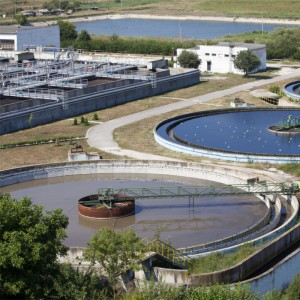
FACTS & FIGURES
Source: WEX (EIM) through www.hollandtrade.com
Strengths of the Netherlands
- Water and Agri-Food / Horticulture
- Hi-tech systems in water technologies
Interesting links
Dutch water sector
www.dutchwatersector.comHolland trade
www.hollandtrade.com
